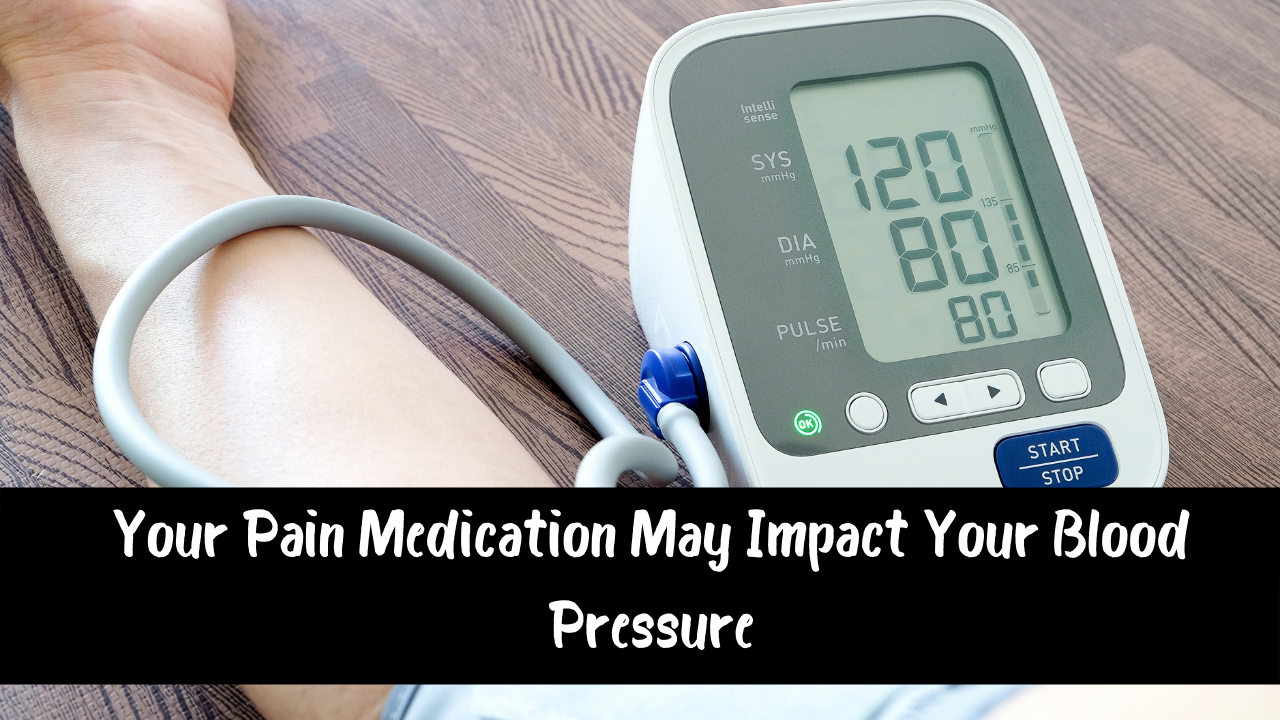- Your cart is empty
- Continue shopping

Many people routinely reach for over-the-counter pain medications for immediate pain relief, especially during cold and flu season. Individuals also may reach for these medications to manage symptoms related to COVID-19. However, most people are unaware that some over-the-counter pain relievers can raise blood pressure. Only six out of 10 (63 percent) of adults with high blood pressure say they check with their doctors before choosing an over-the-counter (OTC) pain reliever, according to a recent survey commissioned by the American Heart Association.
“People who have high blood pressure or are being treated with blood pressure medication — along with their loved ones and caretakers — need to be informed about safe over-the-counter pain relievers,” says Willie Lawrence, Jr., M.D., volunteer chair of the American Heart Association’s National
Hypertension Control Initiative oversight committee and interventional cardiologist, medical director for health equity, Spectrum Health in Benton Harbor, Michigan.
“Because some pain relievers may cause elevated blood pressure, the American Heart Association recommends consulting your doctor or pharmacist and making sure you read the label before taking any over-the-counter medication for pain, especially if you’ve been diagnosed with high blood pressure.” Dr. Lawrence adds.
Only 28% of U.S. adults with high blood pressure know that the OTC medication acetaminophen does not raise blood pressure and is therefore a safe choice for immediate pain relief, according to the American Heart Association survey.
The American Heart Association’s current guidelines for high blood pressure define it as a consistent blood pressure measurement of 130 over 80 or higher, in terms of units called millimeters of mercury (mmHg). The guidelines also state that some OTC pain relievers may elevate blood pressure.
So talk to your doctor about the potential interactions between blood pressure and any medication you are taking, including dietary supplements or other products for pain relief.
Individuals with high blood pressure can manage their condition by checking their blood pressure regularly at home with a validated monitor. Ask your doctor to recommend a monitor that would work best for you. These monitors provide useful information for regular communication with doctors through virtual visits as well as in person.
Visit heart.org/bptools for more information about managing high blood pressure and potential medication interactions. (NewsUSA)

